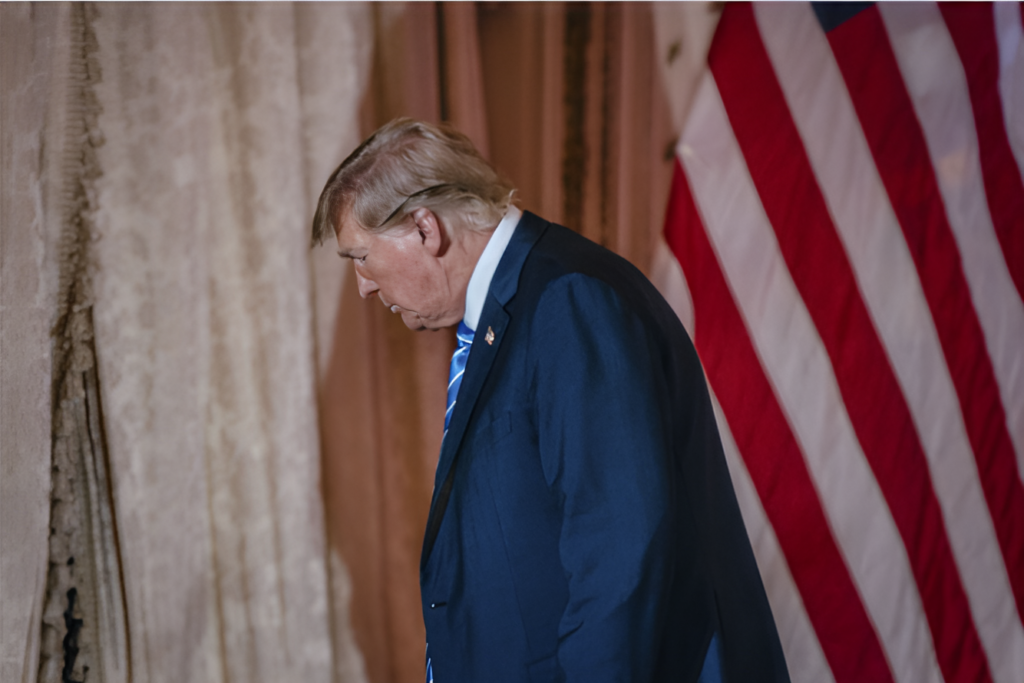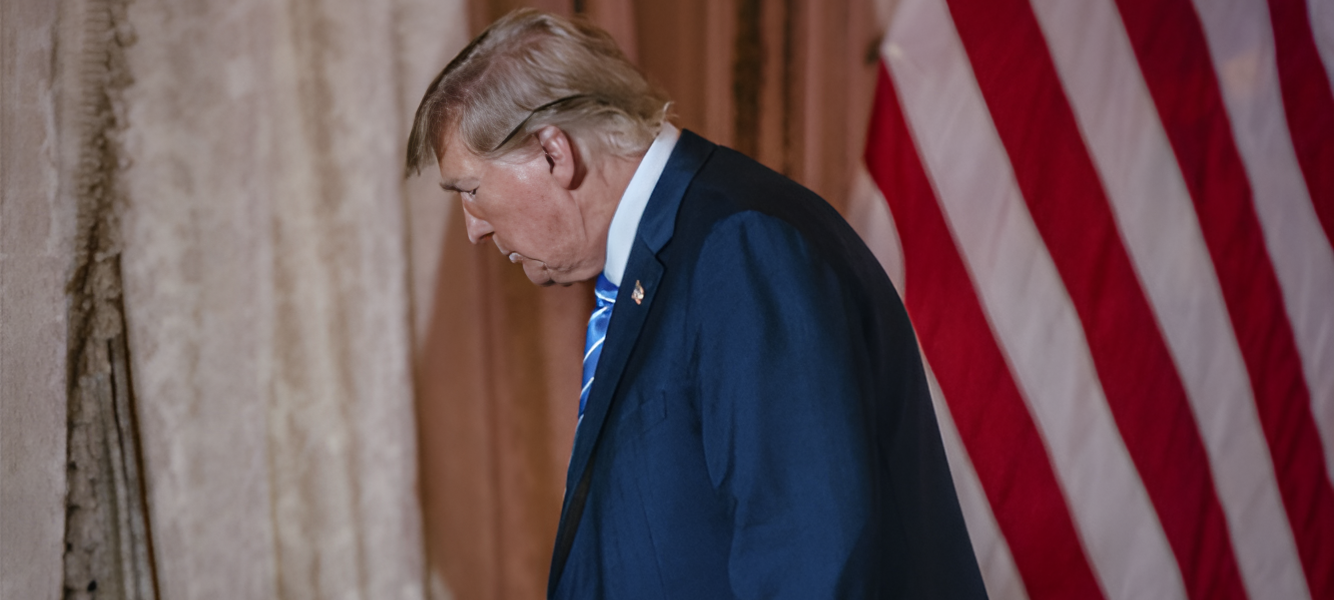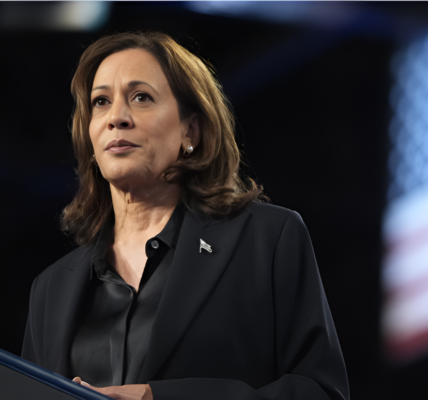
For decades, one of the most reliable tactics in presidential campaigns was the Democratic nominee’s assault on the Republican contender’s proposals to reform, cut, or privatize Social Security and other entitlement programs. The attacks worked like clockwork: Democrats would accuse Republicans of wanting to “end” Social Security, often with visceral imagery to drive the point home—like the infamous 2012 ad showing a Paul Ryan look-alike pushing a grandmother off a cliff.
That narrative was put to rest in 2016, when Donald Trump broke with Republican tradition. While other GOP candidates scrambled to defend their positions on entitlement reform, Trump firmly rejected any cuts to Social Security or Medicare. “I’m not going to cut Social Security like every other Republican, and I’m not going to cut Medicare or Medicaid,” Trump declared during a rally in Iowa. His stance was a key element of his populist appeal, setting him apart from the party’s establishment and solidifying his position with working-class voters.
But now, in a twist that could reshape the 2024 campaign, Trump has found himself back at the heart of the very issue he had so skillfully sidestepped. In a recent CNBC interview, Trump made an offhand remark that sent political shockwaves through his campaign. When asked if his stance on entitlements had changed, Trump responded with a vague and convoluted statement about “cutting” and addressing the “bad management” and “theft” of entitlements.
While it wasn’t clear whether Trump was proposing cuts to Social Security or Medicare, the remarks immediately put him on the defensive. His campaign scrambled to clarify his position, emphasizing that Trump would “continue to strongly protect Social Security and Medicare in his second term.” But the damage was already done.
For the first time since he entered the national political stage, Trump found himself in a familiar political bind—defending his position on entitlements in a way that previous GOP nominees have long dreaded. His campaign had once excelled by avoiding this very issue, capitalizing on a strategy of non-engagement. Now, Trump had inadvertently opened the door for his critics to accuse him of potentially going back on his word.
This unforced error seemed especially jarring given Trump’s history in the 2016 race, when he used the entitlement issue to attack his rivals. He lashed out at Ben Carson for suggesting cuts to Medicare and slammed Speaker Paul Ryan for his attempts to reform Social Security. During the 2024 Republican primary, Trump continued this line of attack, painting his rivals as proponents of entitlement cuts. In fact, at a January rally, Trump referred to former South Carolina Governor Nikki Haley’s past support of Ryan’s budget proposal as a threat to programs like Medicare and Social Security, reminiscent of the “granny off the cliff” imagery from 2012.
Yet, just weeks later, Trump found himself in the same hot water he had sought to avoid. The Biden campaign wasted no time pouncing on the remarks, releasing a video of President Joe Biden watching Trump’s comments and responding with a sharp rebuke: “This man has no idea what he’s talking about. Over my dead body will he cut Social Security so he can give tax breaks to the super-wealthy.”
The fight over entitlement reform is one Trump has never truly had to face head-on, but it is now front and center. For the Biden campaign, it presents a prime opportunity to remind voters of the long-standing Republican position on Social Security and Medicare cuts—a position that Trump had previously distanced himself from, but now finds himself re-engaged with.
Beyond the entitlement issue, Trump faces another recurring challenge in 2024: the abortion debate. Since the Supreme Court’s decision to overturn Roe v. Wade in 2022, Trump has carefully avoided taking a firm stance on abortion policy, but the issue is not going away. In a year where reproductive rights are a key focus, Trump’s lack of clarity on a national abortion ban could prove politically damaging, especially with his administration’s role in shaping the Court’s ruling.
This combination of old and new challenges marks a tough start to the general election for Trump, one that is likely to intensify as the race heads into full swing. The ghosts of past campaigns—both in entitlement reform and abortion—are back to haunt him. How he responds to these issues in the coming months will determine whether he can maintain the political edge he once enjoyed or if he will find himself on the defensive in a battle for the soul of the Republican Party.





